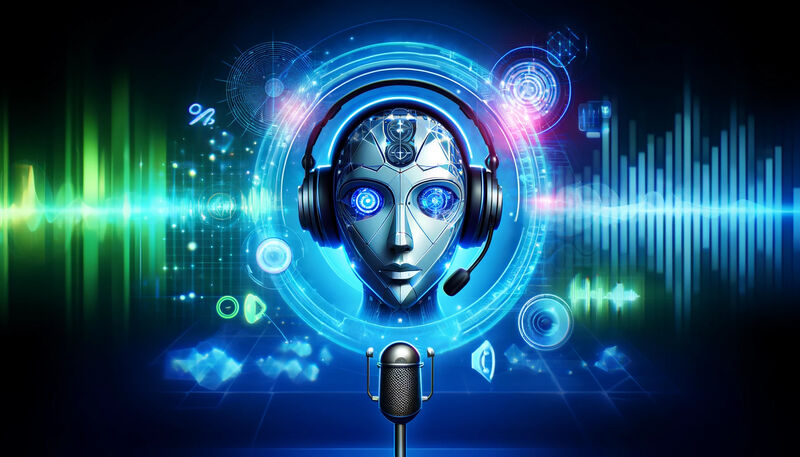AI Audiobooks Spark Controversy on Audible

A new trend in audiobooks is causing division among authors, listeners, and professional narrators. The rise of AI-narrated audiobooks on Amazon’s Audible platform has reached a significant milestone with over 40,000 titles now available, sparking a debate about the future of audiobook production and narration.
The AI Revolution in Audiobooks
Amazon has catalyzed a shift in how audiobooks are created through its beta tool that enables self-published authors to use AI to generate "virtual voice" narrations for their ebooks. This technology allows authors to convert ebooks to audiobooks in under an hour, a process that traditionally could take weeks and significant financial investment in professional voice actors.
George Steffanos, an author who has recently embraced AI narration, pointed out the economic advantage, stating, "the modest sales of my work were never going to support paying anyone for all those hours of narration." For indie authors with tight budgets, AI narration offers an unprecedented opportunity to break into the audiobook market without the prohibitive costs.
Mixed Reactions from the Community
While some authors celebrate the accessibility and efficiency of AI audiobooks, listeners and professional narrators express concerns. Listeners have criticized the lack of an option to filter out AI-narrated books on Audible, complicating their search for traditionally narrated audiobooks.
Narrators like Ramon de Ocampo fear job losses and the degradation of quality, with Ocampo noting on social media that although AI has not yet taken all jobs, "it's trying to." The human element of narration, including emotion and nuanced storytelling, is at stake, according to some professionals in the field.
Industry Responses and Future Implications
Major publishers are not shying away from the technology, with companies like HarperCollins signing deals to produce multilingual audiobooks using AI voices. This move has not been without controversy, as evidenced by a recent uproar involving Apple, which began selling AI-narrated books allegedly based on real actors’ performances without their consent.
The ongoing expansion of AI in audiobook production presents a complex landscape of trade-offs. While it democratizes access for authors, it challenges established norms of audiobook production and consumption. As the industry evolves, all parties must navigate the delicate balance between innovation and the preservation of artistic integrity.
Looking Forward
As debates continue and more AI-narrated titles populate digital shelves, the audiobook industry stands at a crossroads. Will AI narration become the new norm, or will a pushback from listeners and narrators influence publishers to reconsider the human touch in storytelling? The answers may shape the future of how stories are told and heard.

